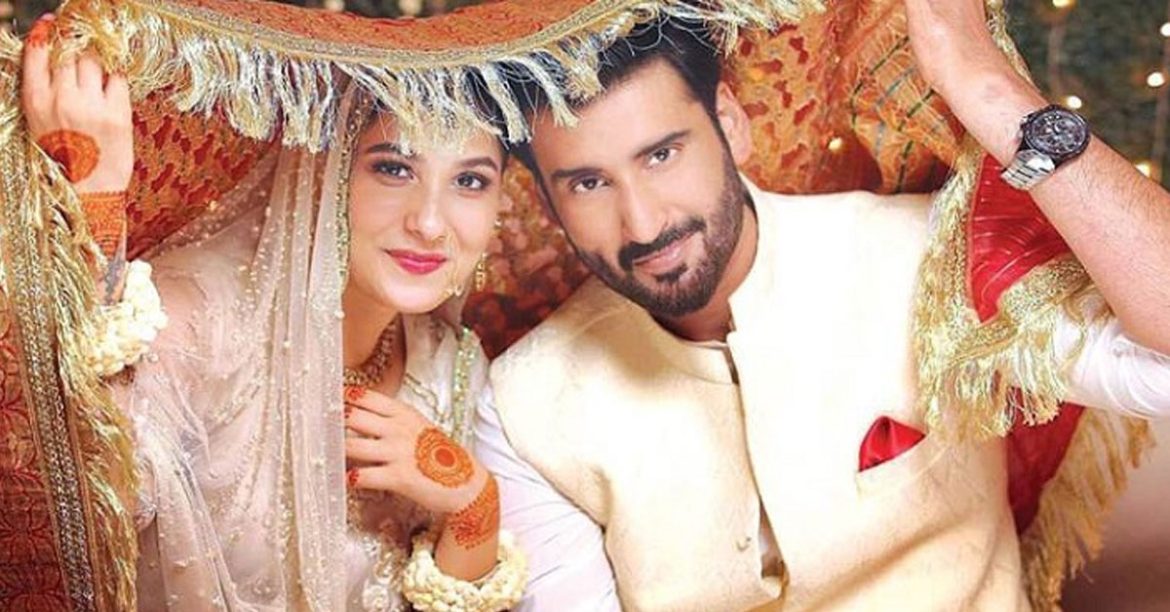- Hina Altaf’s Views on Marriage: Hina Altaf advocates that there is no right age to get married and emphasizes marrying when one finds the right partner, rather than succumbing to societal pressures or expectations.
- Marriage Trends in Pakistan: The average age for marriage in Pakistan is rising, especially in urban areas, with women typically marrying around 24-26 years and men around 27-30 years. Arranged marriages remain predominant, although love marriages are increasingly common.
- Legal and Social Dynamics: The legal marriage age is 18 for men and 16 for women, though activists push for increasing the age to curb early marriages. Divorce rates, though low, are gradually increasing due to factors like compatibility issues and changing societal attitudes. Cultural and religious norms strongly influence marriage practices in Pakistan.
Hina Altaf, a renowned Pakistani television actress, host, and model, has gained attention not only for her acting prowess but also for her candid views on social issues, including marriage.
In a recent statement, Hina shared her perspective on the institution of marriage, emphasizing that there is no specific age to get married.
According to her, marriage is a personal decision that should be made when one finds the right partner rather than following societal expectations or pressures.
Hina Altaf expressed that many people face constant pressure and questioning from family, friends, and society about when they plan to get married.
She believes that such questions often cause unnecessary stress and advises those who ask these questions to “chill.” Hina encourages individuals to choose to marry only when they feel confident in their decision and have found a partner who aligns with their values and aspirations.
Also Read:
Hania Aamir Wants Pakistani Girls to Accept that ‘Skin Doesn’t Define You!’
Pakistanis & Their Love for Marriages
The topic of marriage is deeply rooted in Pakistani culture, and understanding the current trends provides valuable insight into societal norms and changing behaviors.
Average Age of Marriage
In Pakistan, the average age for marriage has been gradually increasing, particularly in urban areas. For women, the average age is now around 24-26 years, while for men, it ranges between 27-30 years. This shift reflects changing attitudes towards education, career priorities, and personal choice. However, in rural areas, early marriages are still prevalent, with many girls getting married in their late teens due to traditional practices and societal expectations.
Legal Marriage Age
The legal age for marriage in Pakistan is 18 years for men and 16 years for women, according to the Child Marriage Restraint Act. However, this legal framework has faced criticism, with human rights activists advocating for an increase in the minimum marriage age for women to 18 years. The push aims to curb early and forced marriages, which can have negative implications for young girls’ health, education, and overall well-being.
High Marriage Rates
Marriage remains a significant cultural expectation in Pakistan, with approximately 70-80% of adults getting married by their late 20s. This high marriage rate is a testament to the importance placed on family and social stability. Marrying young is often seen as a way to ensure societal acceptance and familial support.
Arranged vs. Love Marriages
In Pakistan, arranged marriages are the predominant form, with families playing a crucial role in selecting partners. This tradition is driven by cultural and religious values that emphasize familial involvement and approval. However, there is a noticeable increase in love marriages, particularly in urban and semi-urban areas. Younger generations are increasingly seeking autonomy in choosing their life partners based on mutual understanding and personal compatibility.
Increasing Divorce Rates
Although the divorce rate in Pakistan remains relatively low compared to Western countries, it has been on the rise in recent years. Currently, about 1-2% of marriages end in divorce. Factors contributing to this increase include lack of compatibility, domestic issues, financial stress, and shifting societal attitudes towards divorce. As awareness grows about individual rights and personal well-being, more couples are choosing to end marriages that do not meet their expectations or fulfill their needs.
Cultural and Religious Influences
Marriage practices in Pakistan are deeply influenced by cultural and religious norms. Islamic traditions often guide the process, including the arrangement of marriage contracts (Nikah), the exchange of dowries (Mehr), and traditional wedding ceremonies that reflect the country’s diverse cultural heritage. Families tend to prioritize values such as respect, loyalty, and shared religious beliefs when selecting marriage partners, which underscores the importance of compatibility in long-term relationships.
What are your thoughts on this? Share them with us in the comments below.
Stay tuned to WOW360.
